Crossword puzzles are engaging word games that challenge the mind and entertain. They involve filling a grid with words that match given clues, improving vocabulary and cognitive skills while offering relaxation and fun for all skill levels.
What Are Crossword Puzzles?
Crossword puzzles are word games where players fill a grid with words that match given clues. The grid consists of black and white squares, with words placed horizontally (Across) or vertically (Down). Clues provide hints to solve the puzzle, improving vocabulary, memory, and cognitive skills. They are popular for entertainment, education, and mental stimulation, offering challenges for all skill levels. Crosswords are widely used in newspapers, magazines, and online platforms, making them a beloved global activity.
History and Evolution of Crosswords
The first crossword puzzle was created in 1913 by Arthur Wynne, published in the New York World. Initially called a “word-cross” puzzle, it gained popularity in the 1920s, becoming a staple in newspapers. Over time, crosswords evolved, introducing themed puzzles and varying grid sizes. They became a global phenomenon, adapting to different languages and cultures. Today, crosswords remain a beloved activity, offering entertainment, cognitive challenges, and educational benefits, with modern versions available online and in apps, ensuring their enduring appeal.
Benefits of Solving Crossword Puzzles
Solving crossword puzzles offers numerous cognitive and educational benefits. They enhance vocabulary, improve memory, and boost problem-solving skills. Crosswords also sharpen focus and mental agility, making them an excellent tool for brain health. Regularly solving crosswords can delay cognitive decline and improve overall mental sharpness. Additionally, they provide a relaxing and enjoyable way to learn new words and concepts, making them a popular activity for both entertainment and educational purposes. Crosswords are accessible to all skill levels, ensuring everyone can benefit from this engaging pastime.

Understanding Crossword Basics
Crossword puzzles are structured grids filled with words that match clues. They improve vocabulary, cognitive skills, and mental sharpness, offering fun and intellectual challenges for all skill levels.
Structure of a Crossword Grid
A crossword grid is a square or rectangular pattern filled with black and white squares; Words are placed horizontally (Across) or vertically (Down) in the white squares. Black squares separate words and create the puzzle’s shape. The grid typically features a symmetric design, with clues numbered to indicate starting points. The structure varies in size, from small 5×5 grids in mini crosswords to larger grids in standard puzzles. This organized layout ensures solvers can navigate clues efficiently, making the puzzle both challenging and enjoyable.
Across vs. Down Clues
In crossword puzzles, clues are divided into two categories: Across and Down. Across clues are solved horizontally, while Down clues are solved vertically. Each clue starts at a numbered square, with the number indicating the clue’s starting point. Across clues typically involve longer words, while Down clues may focus on shorter, more precise terms. Solving both types requires a mix of vocabulary knowledge and strategic thinking. Mastering both directions is key to completing a crossword effectively and efficiently.
Common Crossword Terminology
Understanding crossword terminology enhances solving efficiency. Terms like “Across” and “Down” refer to clue directions. A “Grid” is the puzzle layout, while “Clues” are hints for answers. “Black squares” separate words, and “Theme” refers to a puzzle’s central idea. “Anagrams” and “synonyms” are common clue types. “Fill” is the completed grid, and “rebus” clues involve symbols or special instructions. Familiarity with these terms helps solvers navigate puzzles confidently and decode clues more effectively, improving overall crossword-solving skills and enjoyment.
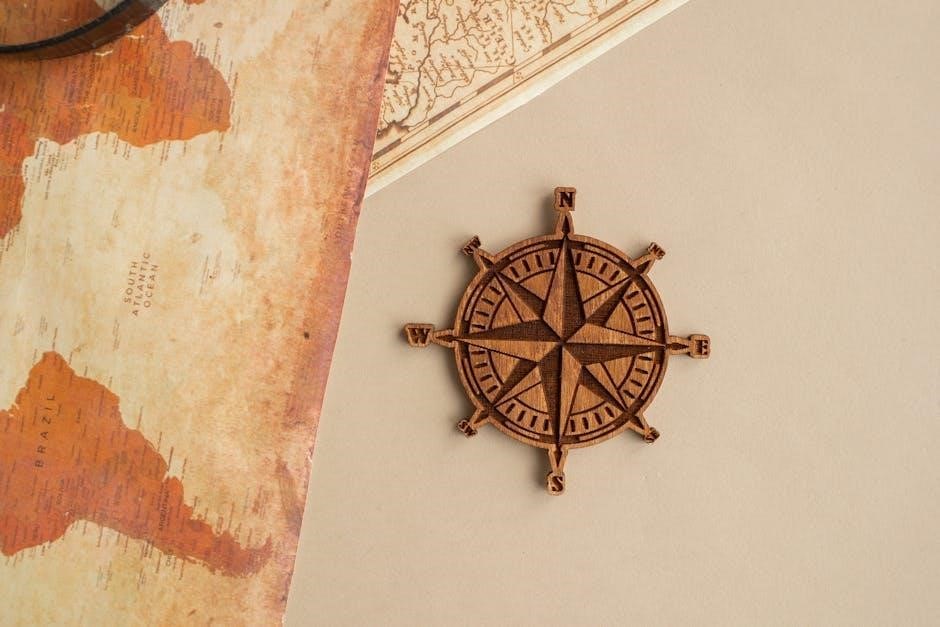
Solving Strategies for Crosswords
Effective strategies include starting with easy clues, using word patterns, and eliminating wrong answers. Analyzing clues and utilizing anagrams can also enhance solving efficiency and accuracy.
Starting Points: How to Begin a Crossword
Starting a crossword can be daunting, but focusing on short answers and common words is a great approach. Look for clues with numbers, as they often indicate shorter words. Begin with familiar topics or themes, as this can boost confidence. Pay attention to word patterns and repeated letters, which can help identify answers quickly. Eliminate obvious wrong choices to narrow down possibilities. For beginners, starting with the Across clues might feel more intuitive. Remember, every solved word brings you closer to completing the puzzle!
Analyzing Clues: Tips for Decoding Hints
Analyzing clues effectively is key to solving crosswords. Start by reading clues carefully, noting wordplay like puns or anagrams. Look for synonyms, homonyms, or phrases that hint at the answer. Pay attention to the clue’s part of speech, as it often matches the answer type. Break down complex clues into simpler parts, and consider common crossword conventions, such as abbreviations or foreign words. Using elimination techniques and word patterns can also help decode tricky hints. Practice makes clue analysis faster and more intuitive over time.
Using Word Patterns and Anagrams
Word patterns and anagrams are powerful tools in crossword solving. Look for common letter combinations, such as prefixes, suffixes, or vowel-consonant sequences, to identify potential answers. Anagrams, where letters are rearranged to form new words, often appear in clues. Practice recognizing these patterns to decode hints more efficiently. For example, if a clue suggests a rearranged word, try shuffling letters to uncover the answer. This skill enhances vocabulary and problem-solving abilities, making crosswords more enjoyable and rewarding. Regular practice sharpens your ability to spot these patterns quickly.
Eliminating Wrong Answers
Eliminating wrong answers is a crucial strategy in crossword solving. Start by carefully analyzing clues to identify key words or phrases that narrow down possibilities. Cross-reference intersecting answers to ensure consistency. Look for common letter patterns or word endings that can help rule out incorrect options. Additionally, consider the frequency of letters in the English language to make educated guesses. By systematically eliminating implausible choices, you can reduce uncertainty and increase the likelihood of finding the correct answer. This methodical approach saves time and enhances problem-solving skills.
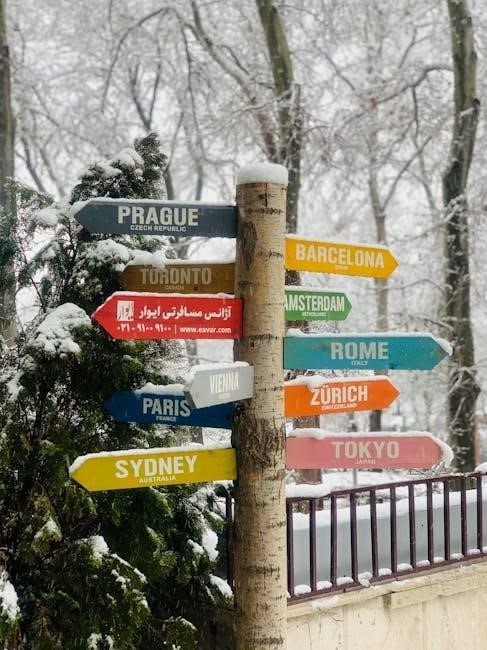
Advanced Crossword Techniques
Advanced crossword techniques involve mastering theme clues, tackling obscure words, and utilizing specialized tools. These strategies enhance solving efficiency and overall crossword mastery for experienced solvers.
Identifying Theme Clues
Identifying theme clues is crucial for solving advanced crosswords. These clues often hint at a common pattern or concept tying multiple answers together. For instance, a theme might involve puns, anagrams, or phrases related to a specific topic. Pay attention to clues with unique phrasing or repeated keywords, as they often indicate the theme. Recognizing the theme early can provide a framework for solving the puzzle more efficiently. Practice helps in spotting these clues quickly, enhancing overall solving skills.
Handling Tough or Obscure Words
Tough or obscure words in crosswords can be challenging but manageable with the right strategies. Start by focusing on shorter clues, as they often provide the most straightforward answers. Use word patterns and letter overlaps to deduce possible solutions. If stuck, consider common prefixes, suffixes, or anagrams. Additionally, utilizing crossword tools or dictionaries can help identify unfamiliar words. Practice regularly to expand your vocabulary and improve recognition of obscure terms, making future puzzles less daunting and more enjoyable to solve.
Using Crossword Tools and Resources
Crossword tools and resources are invaluable for solvers of all levels. Online platforms like Crossword Tracker and crossword apps offer quick access to clues, anagrams, and word patterns. Many websites provide daily answers and guides, such as the NYT Crossword companion, to help with tricky puzzles. Additionally, dictionaries and thesauruses can aid in identifying obscure words. These tools not only enhance solving efficiency but also make the process more enjoyable, allowing solvers to focus on the fun and intellectual challenge of crosswords.
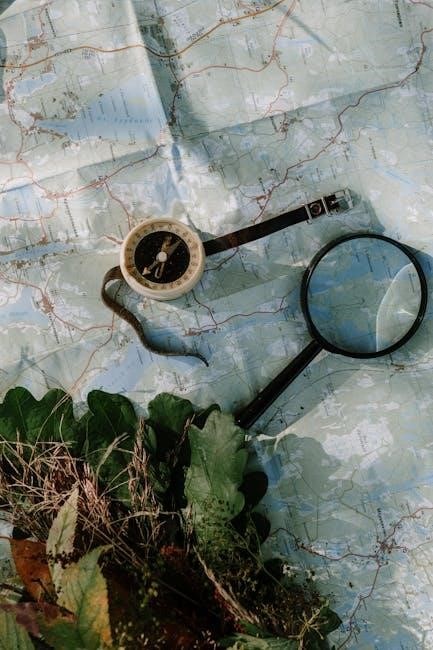
Types of Crossword Puzzles
Crossword puzzles come in various forms, including standard, themed, mini, and cryptic crosswords. Each type offers unique challenges and entertainment, catering to different skill levels and interests.
Standard Crosswords
Standard crosswords are the most common type, typically featuring a square grid with symmetrical patterns. They include a mix of straightforward and challenging clues, with answers ranging from common words to more obscure terms. These crosswords often have a clear theme or are general knowledge-based, appealing to a wide audience. The clues are usually divided into “Across” and “Down” categories, making them accessible for both beginners and experienced solvers. Standard crosswords are a great way to enjoy mental stimulation and improve vocabulary.
Themed Crosswords
Themed crosswords offer a unique twist by focusing on a specific topic or idea. These puzzles often feature clever clues and puns, requiring solvers to think creatively. Unlike standard crosswords, themed ones have a central theme that ties all answers together, adding an extra layer of challenge and fun. Popular examples include holiday-themed puzzles or those based on movies and books. Solving themed crosswords can be particularly rewarding as the theme emerges, making them a favorite among enthusiasts looking for variety and mental stimulation.
Mini Crosswords (e.g., NYT Mini Crossword)
Mini crosswords, like the NYT Mini Crossword, are compact versions of traditional puzzles, typically featuring a 5×5 grid. Designed for quick solving, they offer a fun and accessible challenge. These puzzles blend everyday words with clever clues, making them ideal for beginners or those seeking a brief mental workout. The NYT Mini Crossword has gained popularity for its daily format, providing a consistent and enjoyable experience for solvers of all levels, while still delivering the satisfaction of completing a crossword.
Cryptic Crosswords
Cryptic crosswords are a challenging and rewarding variant of crossword puzzles, known for their complex clues that require both vocabulary and lateral thinking. Unlike standard crosswords, cryptic clues involve wordplay such as anagrams, double definitions, and hidden meanings. These puzzles often feature in British newspapers and are popular among experienced solvers. The clues typically consist of two parts: a definition and a wordplay indicator, making them a unique test of linguistic skill and creativity. Solving cryptic crosswords demands patience and a keen mind for deciphering clever hints.
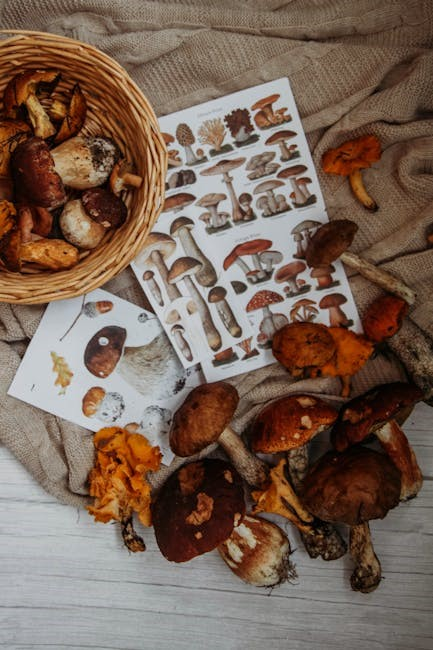
Popular Crossword Resources
The New York Times (NYT) Crossword is a leading resource, offering daily puzzles and a mini version for quick play. Other major platforms and apps provide similar entertainment and challenges for enthusiasts.
New York Times (NYT) Crossword
The NYT Crossword is a renowned daily puzzle offering engaging challenges for solvers of all levels. Its Mini Crossword features a compact 5×5 grid for quick, fun solving. Clues range from straightforward to cleverly deceptive, blending everyday words with more obscure terms. The NYT Crossword has become a cultural staple, with dedicated followers relying on its companion guides and resources to tackle tough clues. Regular updates and themed puzzles keep the game fresh and exciting for enthusiasts worldwide.
Other Major Crossword Platforms
Beyond the NYT, other prominent crossword platforms offer diverse puzzles for enthusiasts. USA Today Crossword is known for its accessible daily puzzles, while The Washington Post Crossword provides a mix of standard and themed challenges. The Guardian’s Crossword section is popular for its clever clues and variety. These platforms cater to different skill levels, offering interactive solvers and archives for practice. They also feature mini crosswords, such as the 5×5 grid, making them appealing to both casual and dedicated solvers.
Crossword Apps and Software
Crossword apps and software have revolutionized how enthusiasts engage with puzzles. The NYT Mini Crossword app offers daily bite-sized challenges, while Crossword Puzzle by Eugene provides a vast library of puzzles. Crossword Puzzle Free by PuzzleBuzz is another popular choice, known for its user-friendly interface. Additionally, tools like Crossword Solver assist solvers by providing hints and solutions. These apps often feature progress tracking, puzzle archives, and customizable difficulty levels, making them ideal for both casual and competitive solvers. They enhance the crossword experience with convenience and accessibility.
Crossword Puzzles for Learning
Crossword puzzles are valuable educational tools, enhancing vocabulary, memory, and critical thinking. They are used in classrooms to teach new words and concepts, making learning engaging and fun for students of all ages.
Educational Benefits of Crosswords
Crossword puzzles offer numerous educational benefits, enhancing vocabulary, memory, and critical thinking skills. They encourage active learning by engaging students with new words and concepts. Crosswords also improve problem-solving abilities and attention to detail. In classroom settings, they serve as interactive tools for teaching language and subject-specific content. Additionally, crosswords foster a deeper understanding of word meanings and contexts, making them a valuable resource for both students and educators. Regular practice can lead to improved academic performance and cognitive development.
Crosswords for Language Learning
Crossword puzzles are effective tools for language learning, helping learners expand their vocabulary and understand word meanings in context. They provide interactive practice, making language acquisition engaging and fun. Crosswords tailored to specific skill levels can reinforce new vocabulary and grammar. For example, crosswords based on textbook units or themed puzzles can focus on particular topics, aiding learners in mastering language fundamentals. Regular use of crosswords can enhance proficiency and confidence in using a new language effectively.
Crosswords in Classroom Settings
Crossword puzzles are widely used in educational environments to enhance learning and engagement; Teachers incorporate crosswords to teach vocabulary, grammar, and subject-specific content. They often align puzzles with curriculum topics, such as history, science, or literature, to reinforce lessons. Crosswords also promote critical thinking and problem-solving skills. Many educators create custom puzzles tailored to student needs, making learning interactive and fun. Additionally, crosswords can be used for formative assessments to gauge students’ understanding of material in an enjoyable way.
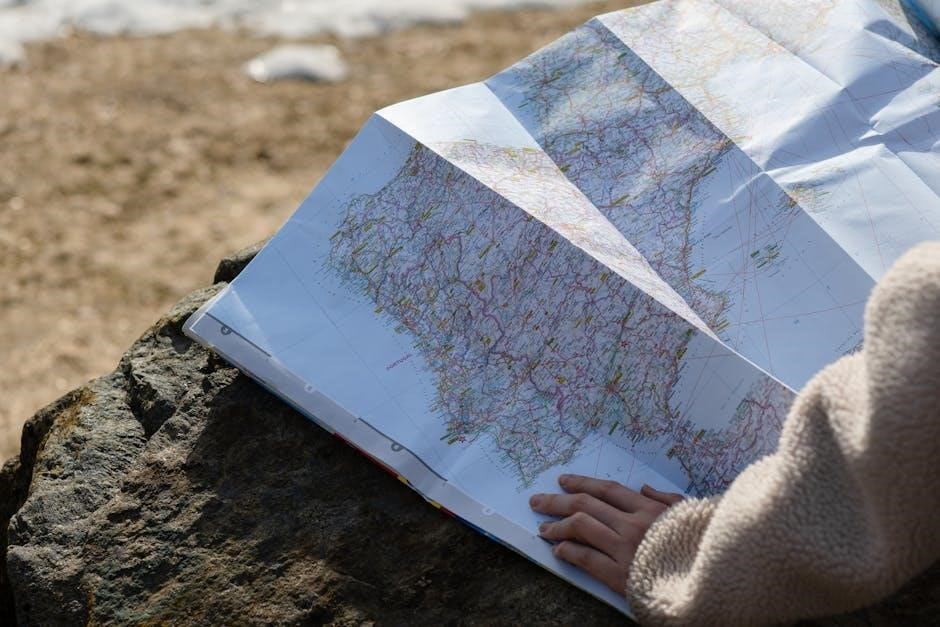
Crossword Competitions and Events
Crossword competitions attract enthusiasts worldwide, testing speed and accuracy. Major events like the American Crossword Puzzle Tournament offer thrilling challenges, fostering community and showcasing mastery of the craft.
Major Crossword Tournaments
Major crossword tournaments are premier events for enthusiasts, offering competitive challenges and fostering a sense of community. The American Crossword Puzzle Tournament, held annually, is one of the most renowned, attracting solvers from around the globe. Participants compete in timed rounds, solving increasingly difficult puzzles, with the top performers vying for prestigious awards. These events not only test speed and accuracy but also celebrate the art of crossword construction and the joy of wordplay. They provide a platform for solvers to connect, share strategies, and showcase their skills, making them a highlight in the crossword calendar.
Participating in crossword competitions is an exciting way to challenge oneself and connect with fellow enthusiasts. To join, solvers typically register online or in-person, depending on the event. Many tournaments offer different categories, such as speed solving or themed puzzles, catering to various skill levels. Participants receive access to competition grids and clues, which they must solve within set time limits. Some events also provide practice puzzles to help entrants prepare. By following the rules and guidelines, anyone can take part and enjoy the thrill of competitive crossword solving. To excel in competitive crossword solving, focus on speed and accuracy. Start by skimming clues to identify the easiest ones first, building momentum. Use word patterns and anagrams to decode tricky hints quickly. Eliminate wrong answers by process of elimination. Practice regularly with timed puzzles to improve efficiency. Stay calm under pressure and manage your time wisely. Utilize online tools and guides to enhance your skills. By mastering these strategies, you can enhance your performance and enjoy the competitive crossword experience. Constructing crosswords involves designing grids, selecting themes, and crafting clues. Tools like crossword makers simplify the process, helping creators build engaging puzzles for solvers of all levels. Constructing a crossword involves designing a grid with symmetrical patterns and filling it with words that intersect accurately. Start by selecting a theme or pattern, then choose words that fit the grid. Ensure words intersect logically, with clear clues for solvers. Use tools like crossword makers to streamline the process. Pay attention to word placement and grid balance to create an engaging puzzle. Proper construction ensures a fun and challenging experience for solvers of all skill levels. Creating crosswords requires specialized tools to ensure accuracy and efficiency. Software like Crossword Forge and Crossword Hobbyist offer grid design and word placement features. Online platforms provide templates and databases of words with clues. These tools help constructors ensure symmetry, proper word intersections, and solvable puzzles. They also assist in generating clues and checking for errors. With the right tools, constructors can craft engaging crosswords tailored to different skill levels and themes, making the process both creative and systematic. Themed crosswords add an extra layer of creativity and challenge. Constructors choose a central idea, such as movies or holidays, and build the puzzle around it. Themes often include puns, anagrams, or clever wordplay. Grid patterns may reflect the theme visually, enhancing the solver’s experience. Clues are crafted to align with the theme, making the puzzle more engaging. Themed crosswords require careful planning to ensure coherence and fun, making them a favorite among solvers looking for a unique challenge. They blend entertainment with mental stimulation. Solvers often face stuck points, unclear clues, and time management issues. Ambiguous hints and obscure words can frustrate, but practice and strategy help overcome these obstacles effectively. When stuck, take a break to refresh your mind. Revisit clues later with a fresh perspective. Focus on easier clues first to build momentum. Use word patterns or anagrams to decode tricky hints. Eliminate incorrect answers by process of elimination. Collaborate with others or use online tools for guidance. Don’t hesitate to look up unfamiliar terms. Stay patient and persistent, as overcoming challenges enhances your problem-solving skills and crossword mastery over time. Effective time management is crucial for efficient crossword solving. Start with easier clues to quickly fill the grid and gain momentum. Allocate specific time limits for each clue to avoid getting stuck. Prioritize clues that intersect with already filled words, as they provide more letters to work with. Use a timer to track progress and maintain focus. Regular breaks can help prevent mental fatigue and keep your mind sharp throughout the solving process. Ambiguous clues can be challenging, as they may have multiple interpretations. To tackle them, focus on the context of the crossword grid and intersecting letters. Look for word patterns or common prefixes/suffixes that fit the clue. If stuck, try solving other clues first and return later with a fresh perspective. Using crossword guides or online tools can also provide insights. Practice and familiarity with clue styles will improve your ability to decode ambiguous hints effectively over time. Respect and consideration are key when solving crosswords in groups. Always share answers responsibly and avoid spoilers to ensure everyone enjoys the puzzle equally. Teamwork enhances fun! Solving crosswords in groups fosters collaboration and fun. It encourages teamwork, with each member contributing their knowledge and insights. Communication is key—discuss clues openly and respect differing opinions. Assigning roles, like designating a leader to track progress, can enhance efficiency. Sharing answers responsibly ensures everyone learns and enjoys the process. Group solving also helps beginners by exposing them to new strategies and vocabulary. It’s a great way to bond over a shared challenge, making puzzle-solving a social and rewarding experience for all involved. Sharing crossword answers responsibly ensures fairness and enjoyment for all solvers. Avoid revealing solutions publicly, especially for daily puzzles, to prevent spoiling the experience for others. If discussing answers, do so privately or after the puzzle’s completion. Respect the effort creators put into crafting clues and grids. By sharing responsibly, you maintain the integrity of the game and allow others to fully engage with the challenge. This courtesy fosters a positive and respectful crossword community. Crossword puzzles are a timeless and rewarding activity, offering mental stimulation and enjoyment. Regular practice enhances vocabulary and cognitive skills, making them a valuable lifelong pursuit. To excel in crosswords, start with easier clues and build momentum. Use word patterns and anagrams to decode tricky hints. Eliminate wrong answers systematically and stay patient. Regular practice sharpens skills and expands vocabulary. Utilize online tools and guides for challenging puzzles. Joining crossword communities can also provide tips and motivation. Consistency is key to mastering this rewarding hobby. Regular practice is essential for improving crossword skills. Consistent solving enhances vocabulary, pattern recognition, and clue-decoding abilities. Start with daily mini crosswords to build confidence and speed. Gradually tackle more complex puzzles to expand your knowledge. Tracking progress helps identify areas for improvement. Over time, practice fosters familiarity with common themes and obscure words, making solving more efficient and enjoyable. Dedication leads to mastery, turning crosswords into a lifelong hobby. Staying updated with crossword trends ensures solvers remain engaged and competitive. Popular formats like the NYT Mini Crossword offer daily challenges, while themed crosswords introduce fresh twists. Crossword apps and online platforms provide access to the latest puzzles and tools. Following crossword communities and events keeps enthusiasts informed about emerging trends. Regularly exploring new resources and techniques helps solvers adapt to changes in clue styles and grid designs, enhancing their overall crossword experience.How to Participate in Crossword Competitions
Tips for Competitive Crossword Solving

Crossword Puzzle Creation
Basics of Constructing a Crossword
Tools for Making Crossword Puzzles
Designing Themed Crosswords

Common Challenges in Crosswords
Overcoming Stuck Points
Managing Time While Solving
Dealing with Ambiguous Clues

Crossword Puzzle Etiquette
Solving Crosswords in Groups
Sharing Answers Responsibly
Final Tips for Mastering Crosswords
The Importance of Practice
Staying Updated with Crossword Trends
